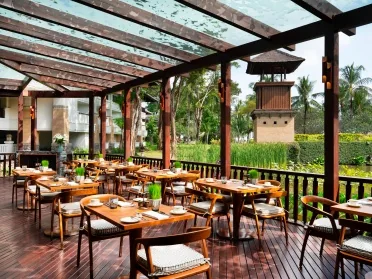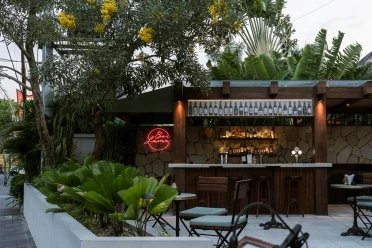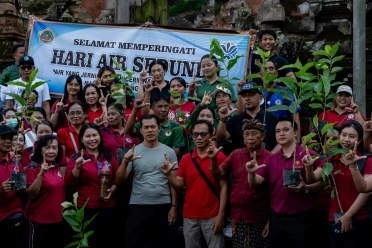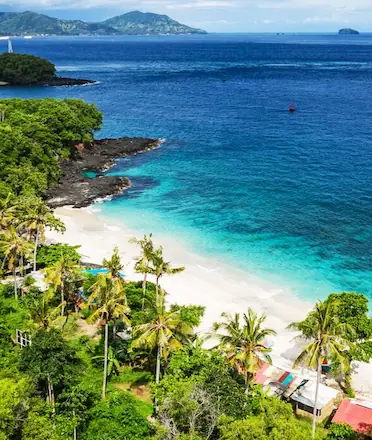Bali has reinforced its commitment to culture-first tourism by rejecting a proposal to build a multi-million dollar casino in one of its prime resort zones. Governor Wayan Koster’s decision ends years of speculation fueled by international investors who envisioned the island as Southeast Asia’s next high-end gaming destination.
Governor Wayan Koster’s decision ends years of speculation fueled by international investors who envisioned the island as Southeast Asia’s next high-end gaming destination.
Gambling is illegal across Indonesia, yet whispers of casino projects in Bali have persisted for decades. The promise of vast revenue streams, higher tourist spending, and job creation has tempted many local leaders to weigh the possibilities. But the governor’s latest announcement draws a clear line in the sand.

Culture Over Commerce
Proposals on the table were said to involve investments worth hundreds of millions of dollars, with revenue projections soaring to more than IDR 100 trillion. The figure is staggering, enough to transform public spending on infrastructure, healthcare, and education. Still, Governor Koster emphasized that the risks outweighed the rewards.

Bali has built its global brand on culture-based tourism. Temples, ceremonies, traditional arts, and a deeply spiritual community life have shaped the island’s allure for decades. Allowing gambling, even in a tightly regulated form, would undermine this identity. Leaders fear that one concession could snowball into more compromises that dilute the very essence of Bali’s tourism appeal.
Protecting Space And Values
The casino rejection was not an isolated move. Governor Koster also turned down requests to develop a racing track circuit, similar to Lombok’s Mandalika project. His reasoning was twofold. First, Bali’s limited land resources make large-scale developments increasingly difficult to justify. Second, projects that do not align with cultural values risk alienating local communities and destabilizing the social fabric that sustains tourism.

This approach signals a clear strategy. Bali will not attempt to compete with neighboring destinations by replicating entertainment hubs or mega-projects. Instead, the island is doubling down on its unique selling point: cultural exclusivity.
A Clash Of Visions
Not everyone is aligned with this stance. Some political figures believe regulated gambling could deliver economic benefits and even curb illegal underground practices. The suggestion is that if activities such as online betting or cockfighting cannot be eradicated, it might be safer to formalize them under strict policy. Such arguments reflect a broader debate within Indonesia about how to balance tradition with modernization.
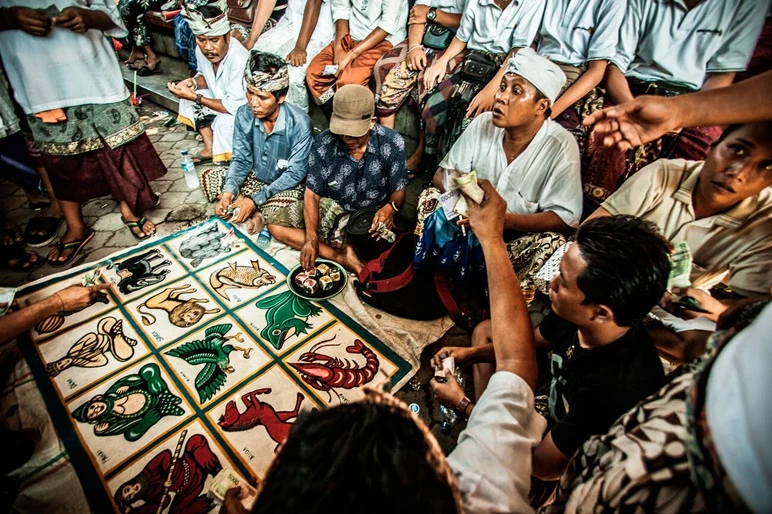
For now, however, the governor’s authority sets the tone. By rejecting the casino bid, Bali is signaling to investors that only projects compatible with cultural tourism will be entertained. This leaves open the question of what kind of economic diversification the island will pursue to reduce reliance on mass tourism.
Meaning For Visitors and Investors
Travelers who come to Bali seeking cultural experience can rest assured that the island intends to preserve its essence. Visitors will continue to experience an environment where spiritual rituals, traditional dance, and artisan crafts define the rhythm of daily life rather than flashing slot machines or luxury gaming halls.

For investors, the message is equally clear. The island’s leadership values projects that reinforce, not replace, Balinese identity. Luxury resorts, eco-tourism ventures, and wellness destinations may find fertile ground, but large-scale casinos will not.
Bali’s refusal of the casino project reflects a broader vision of safeguarding heritage while managing growth. It also raises important questions. Can cultural tourism alone generate the economic resilience Bali needs in an increasingly competitive global market? Could rejecting high-yield ventures limit opportunities for future generations, or will this steadfast protection of identity prove to be the island’s greatest strength? Once again, only time will tell.




 Billy Bagus
Billy Bagus
 Aug 22, 2025
Aug 22, 2025


